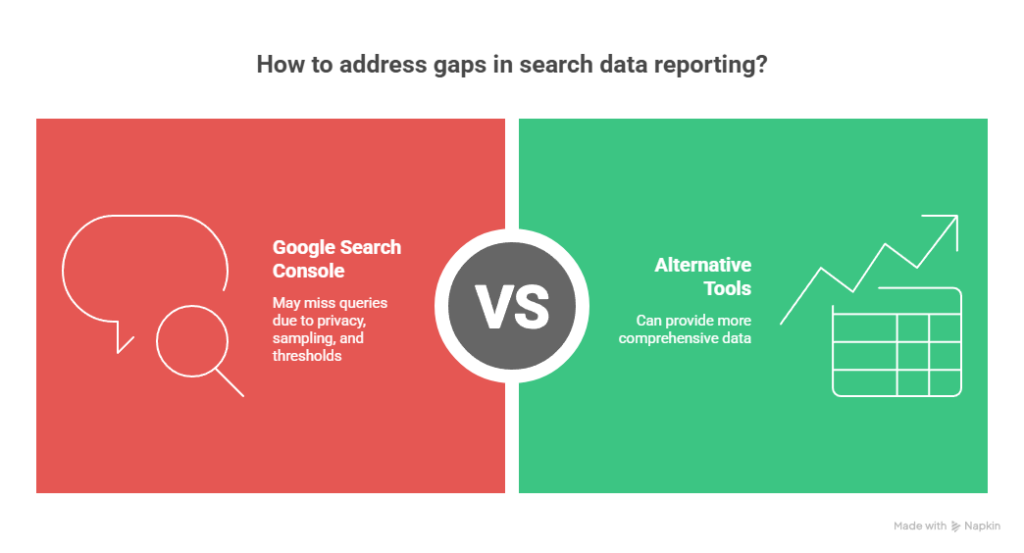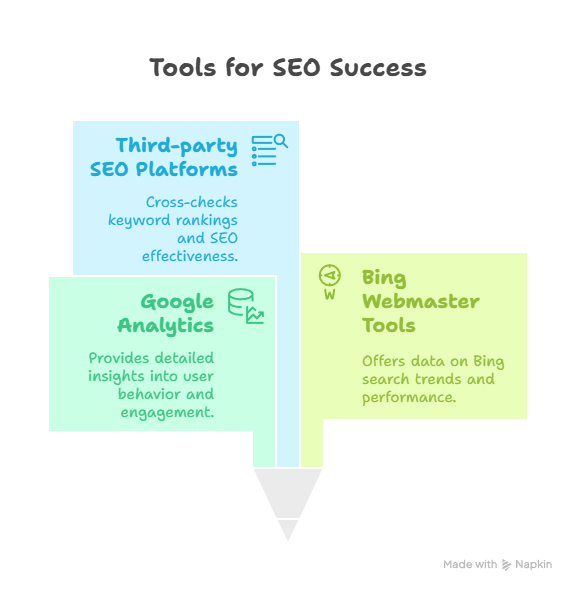Google Search Console (GSC) is one of the most essential tools for monitoring website performance. However, many marketers and SEO professionals are discovering that it may not be showing the full picture. In fact, recent findings indicate that Google Search Console might be omitting up to 50% of all search queries, especially those coming from anonymous or “private” searches. This not only disrupts accurate search data reporting but also challenges your overall SEO visibility.
So, how serious is this issue—and what can digital marketers do about it?
Understanding the Gaps in Search Data Reporting
Why Does GSC Miss So Many Queries?
There are a few key reasons why Google Search Console might not display the full set of queries:
- Privacy filters: Google omits queries that include personal information or are submitted by very few users.
- Data sampling: For high-volume sites, GSC sometimes samples query data, which leads to omissions.
- Query thresholds: Queries with extremely low impressions may be excluded to preserve user anonymity.
These gaps are especially frustrating for marketers relying on GSC as their main performance-tracking tool.

How It Affects SEO Visibility
When half your keyword data is missing, your strategy can be seriously misaligned. You may:
- Underestimate high-performing keywords
- Miss new keyword opportunities
- Misinterpret content effectiveness
Without accurate data, improving SEO visibility becomes a guessing game.
That’s why many SEO specialists—especially those working with advanced campaigns like Webie’s professional marketing services—are taking a more diversified approach to search reporting.
What Can You Do About Missing Queries?
Diversify Your Data Sources
Google Search Console shouldn’t be your only tool. Supplement it with platforms such as:
- Google Analytics for behavior insights
- Bing Webmaster Tools to catch other search engine trends
- Third-party SEO platforms (like Ahrefs or SEMrush) to cross-check keyword rankings

Use Internal Search Tracking
If your website has a search function, monitor it. Internal search behavior can highlight gaps in search data reporting and help guide your content strategy.
Focus on Page-Level Performance
Since missing queries are hard to recover, zoom into metrics like clicks, impressions, and CTR on key landing pages. This helps assess content value even when keyword data is unclear.
Industry Response and Community Concerns
The SEO community is already raising concerns. Many professionals, including contributors to the BozzaBench podcast, have discussed how this impacts long-term planning.
Additionally, this topic aligns with broader discussions on SEO evolution, like in our guide on Top SEO Specialist Skills. Without clear data, mastering foundational and technical SEO becomes even more critical.
Final Thoughts: Prepare for a Data-Light Future
Relying solely on Google Search Console is no longer enough. As privacy standards evolve and Google adjusts its thresholds, marketers must proactively adapt.
Remember:
- Use multiple tools
- Monitor page-level performance
- Capture internal data signals
- Stay updated with community insights
Want expert support in crafting a data-resilient strategy? Visit Webie.com.vn for comprehensive digital solutions tailored to modern SEO challenges.



























Leave a Reply